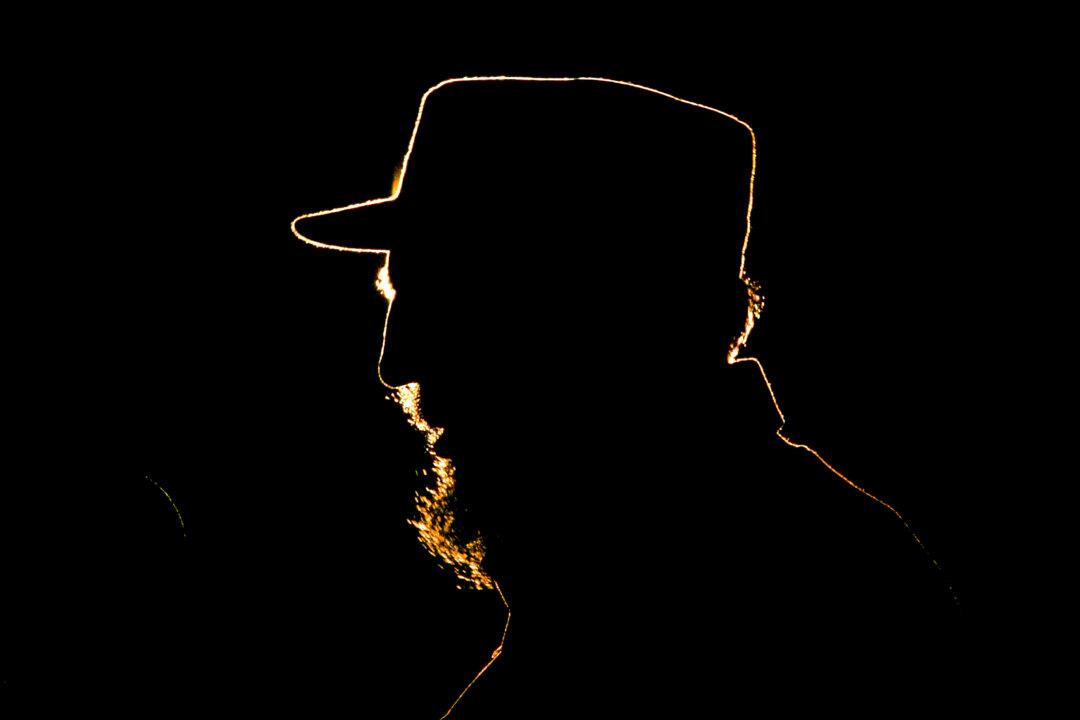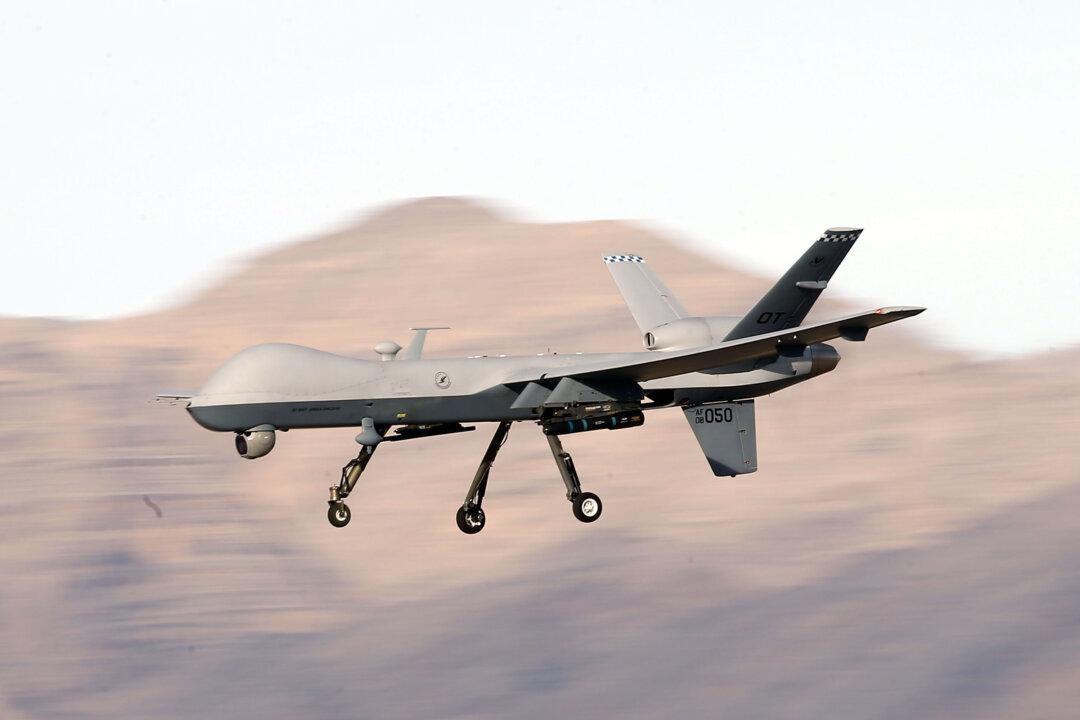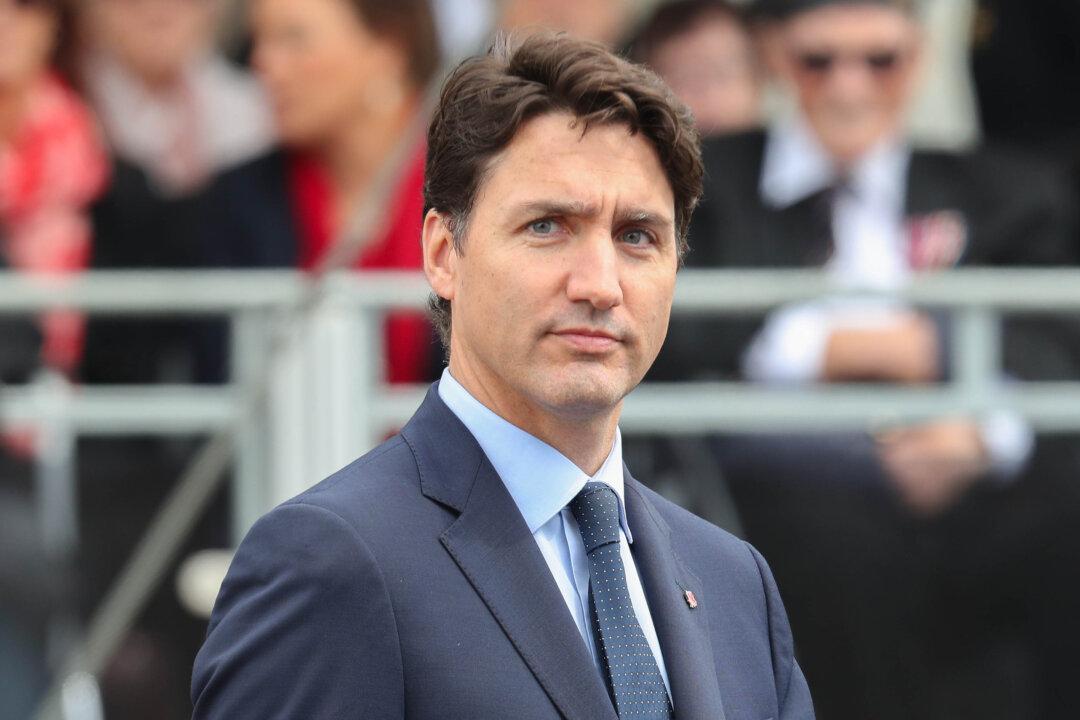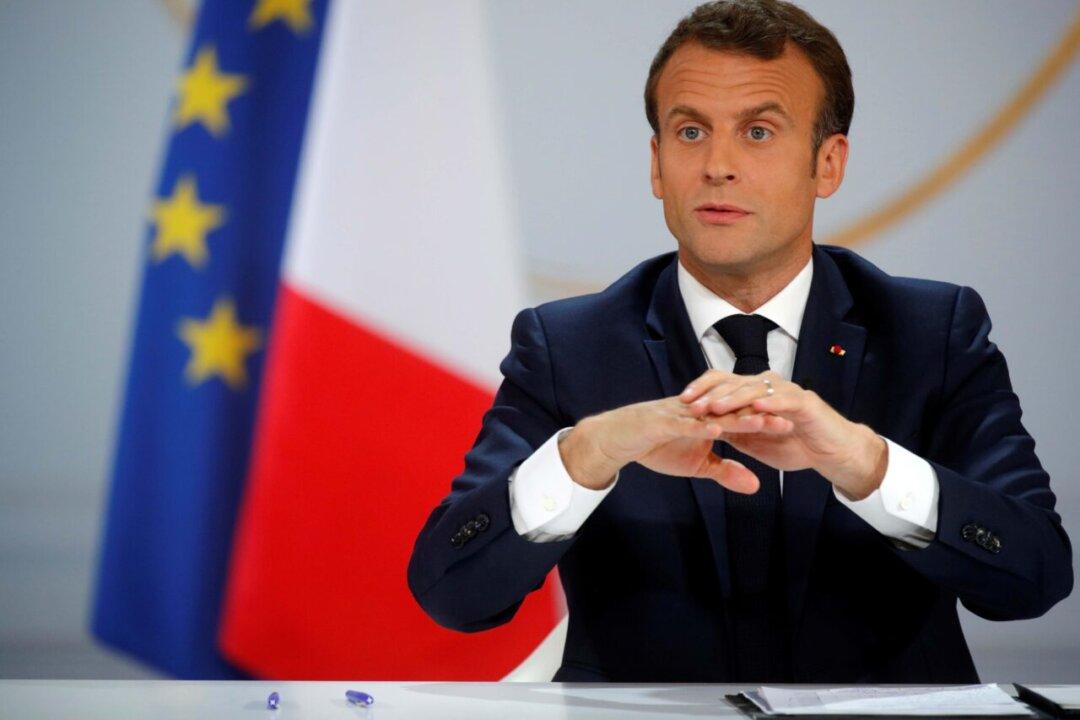Only the Good Die Young
Certainly, Cuban dictator Fidel Castro was neither young (died at 90), let alone good.
To the amazement of many Americans, he manipulated leftist opinion for over 50 years, creating ultimately a benign image that was totally gainsaid by the historical reality. It was as if historians rewrote Adolf Hitler’s biography by creating an avuncular image based on his affection for small children and dogs.
For Fidel Castro was the paradigm of the totalitarian dictator. His rise to power has been almost lost in the mist of guerrilla mythology that says a small band of communists overthrew a right-wing dictator. It was a time when guerrilla movements were the flavor of the era, standing nobly against repressive rightists. And Castro convinced the type of leftist that believed Mao Tse-tung was an “agrarian reformer” that he was a centrist democrat.
Soon after he seized power in 1959, he visited the United States and was lionized at every stop. Castro gave the impression that democracy and human rights were going to bloom in Cuba—and that he wanted nothing to do with communism. But, in short order, he demonstrated the maxim “look at what I do, not what I say,” and Castro and his guerrilla group instituted a hardline communist regime.
Discerning media have noted horrifying elements of his rule:
- He drove almost 20 percent of his population, including many of the best and brightest, into an exile that has lasted 50 years. Thousands died in makeshift watercraft that made the boats now carrying African refugees to Europe look like ocean liners.
- He sponsored terrorism globally, both in Central and South America and even as far afield as Angola. We had some success in thwarting these efforts, hunting down and killing Guevara, Castro’s close companion, in 1967, when Guevara attempted to incite revolution in Bolivia.
- He relentlessly persecuted human rights activists, gays, and religious practitioners, jailing political dissenters on trumped up charges. The State Department’s Human Rights Report regularly identified Cuba as a major human rights abuser.
- He definitively damaged Cuba’s economy, deflating it to Third World status with state-controlled enterprises, leading to economic disaster after economic disaster.





